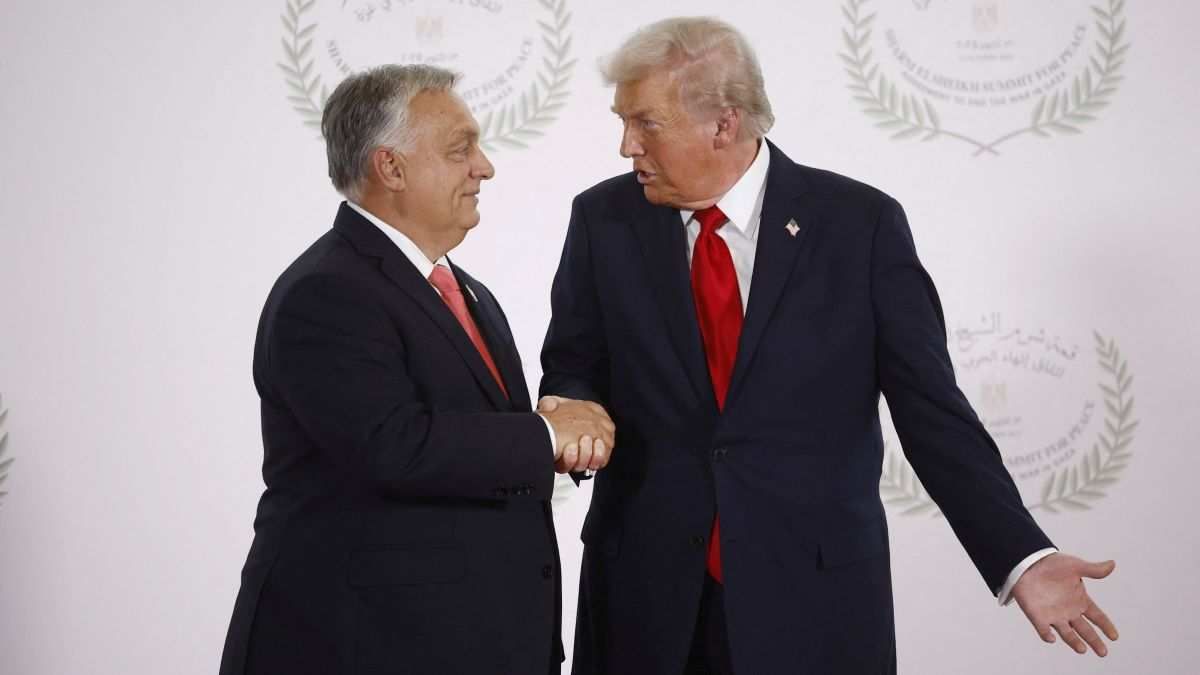MAGA’s European hero comes to Washington – with a mission
Hungarian Prime Minister Viktor Orbán will visit the White House today to try to convince US President Donald Trump to allow him to continue purchasing Russian oil despite new US sanctions on Russia’s two largest oil firms. Oil refineries in China and India – the largest two buyers of Russian oil – are already exploring alternatives. But Orbán is hoping he can leverage his personal and ideological connection to Trump to gain a carveout. Landlocked Hungary relies on Russian pipelines for nearly 90% of its oil, though other non-Russian import routes via the Balkans are also possible. With the opposition surging ahead of next April’s election, there’s a lot on the line for Orbán. Will Trump give his mate a favor, or put his foot down?
Will Nigerien uranium reach Russia?
French officials believe Russian nuclear giant Rosatom struck a $170-million deal with the ruling military junta in Niger to purchase 1,000 tons of uranium from a mine formerly run by a French firm. The reported deal is the latest sign of Russia’s growing influence in the region, at the expense of the former colonial power, France. The greater concern with this purchase, though, could be that the uranium will have to pass through areas of Burkina Faso that are controlled by jihadist groups. Islamist militants are gaining momentum in West Africa – they have the Malian capital surrounded – sparking concern among governments in the region.
Israel attacks southern Lebanon
Israel temporarily breached its ceasefire deal with Lebanon on Thursday, issuing evacuation orders before bombing buildings in southern Lebanon it claimed were a part of Hezbollah’s military infrastructure. One person was killed and three were injured, per media reports. The Israeli military said the strikes were due to Hezbollah rebuilding its military capabilities, despite the Lebanese government agreeing to disarm the group. Fears are rising in Lebanon that Israel may resume major airstrikes if Hezbollah doesn’t give up its weapons soon, but Lebanon's government worries about inflaming local tensions if they push Hezbollah too aggressively.


















